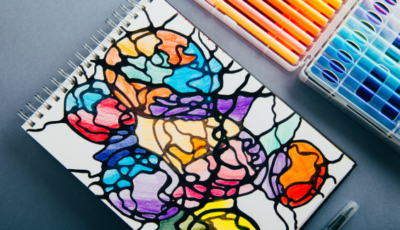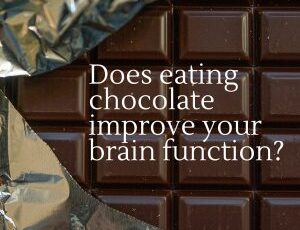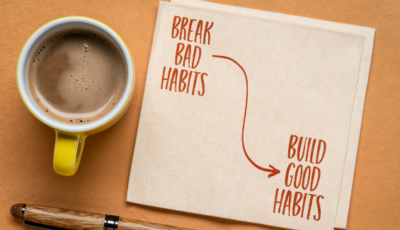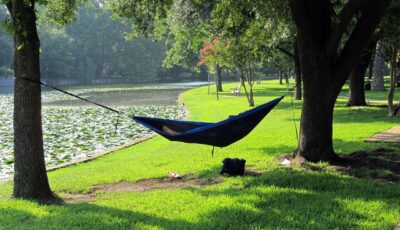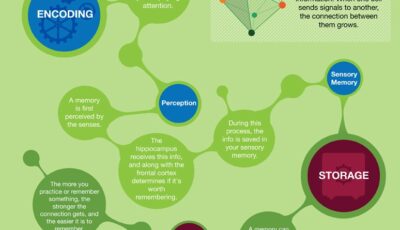The neurobiology of the afternoon nap
One seemingly ordinary Saturday afternoon in June 2013, an unusual experience awaited me in a furniture store: I ...
7 principles of neuroscience every coach and therapist should know
What does neuroscience have to do with coaching and therapy? Short answer: it can provide a unique lens ...
Does eating chocolate improve your brain function?
Thanks to Dr Amy Reichelt for this tasty article! Amy's research focuses on addictive memories, reward, motivation and behavioural control. She's particularly interested ...
How to break bad habits using neuroscience
What are habits? Your brain is fundamentally lazy. When it can, it wires thoughts, emotions, or behaviours into ...
A nap to recap. How daytime sleep improves recall.
A nap to recap. How daytime sleep improves recall. In case you missed that time I did a ...
Increasing Brain Potential ‘The Exchange’ TV show
https://youtu.be/QReEE2t-4TY The Exchange TV says their show is a little is like meeting with your friends in ...
Deep sleep strengthens long-term immune system memory
Sleep. That under-appreciated and under-consumed daily nightly activity that takes up nearly one third of our lives has a new-found ...
Fearful memories reinforced by the stress hormone cortisol.
Fearful memories are reinforced by the stress hormone cortisol. We're all more likely to remember events that have ...
My TEDx talk ‘Indulge Your Neurobiology’
Here it is: My TEDx Northern Sydney Institute talk 'Indulge Your Neurobiology'. In my talk I share my ...
The neuroscience of how your memory works and how to improve it [infographic]
Our memories give us our sense of self and make us who we are. Here's a look at ...
Free 10 day micro-training in neuroscience

Learn one neuroscience concept a day!
10 simple, bite-sized lessons in brain health, delivered daily to your inbox




